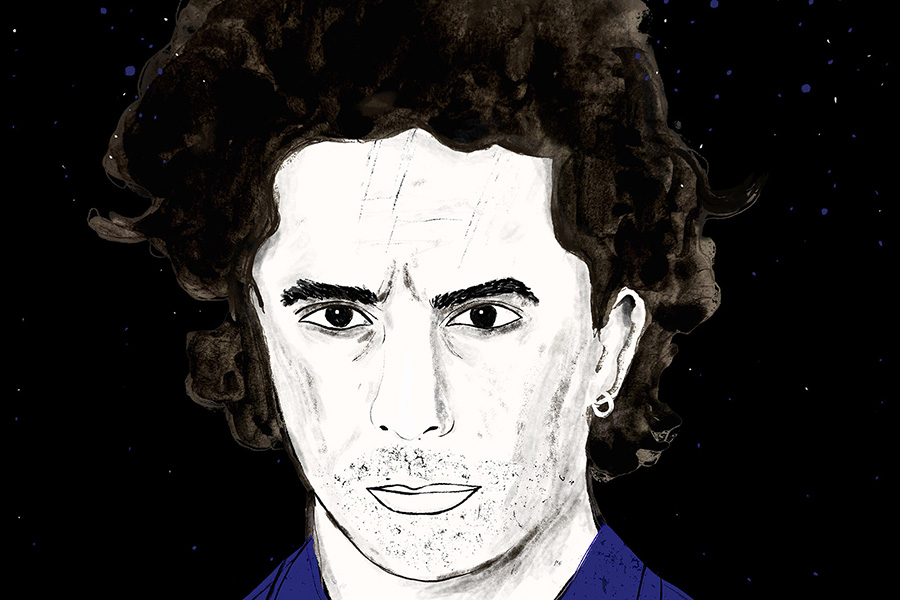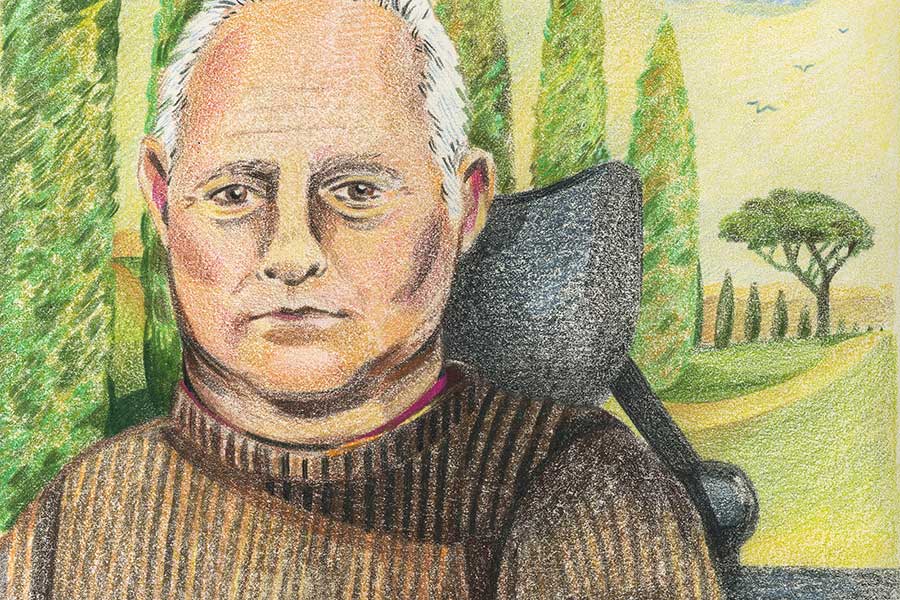The Great Gatsby at 100: Love, Dreams, and the Shattered American Dream

This article examines the enduring legacy of F. Scott Fitzgerald's masterpiece, *The Great Gatsby*, a century after its publication. Beginning with Fitzgerald's early depictions of first kisses and exploring the recurring theme of 'nothing further' in his work, the article delves into Gatsby's obsessive pursuit of Daisy. Gatsby's love for Daisy becomes a metaphor for the pursuit of the American Dream and the yearning for a lost youth, ultimately ending in tragedy. The novel's exquisite prose, insightful social commentary, and exploration of enduring themes solidify its status as a timeless classic, prompting ongoing discussions on love, dreams, and the disillusionment of the American Dream.
Read more


